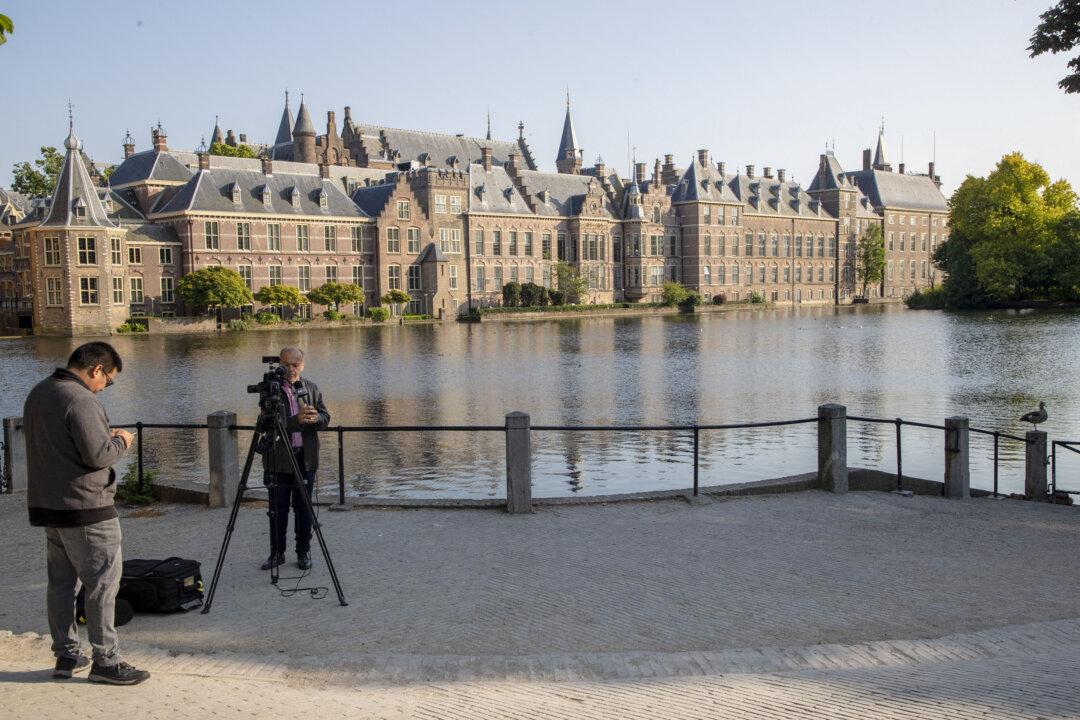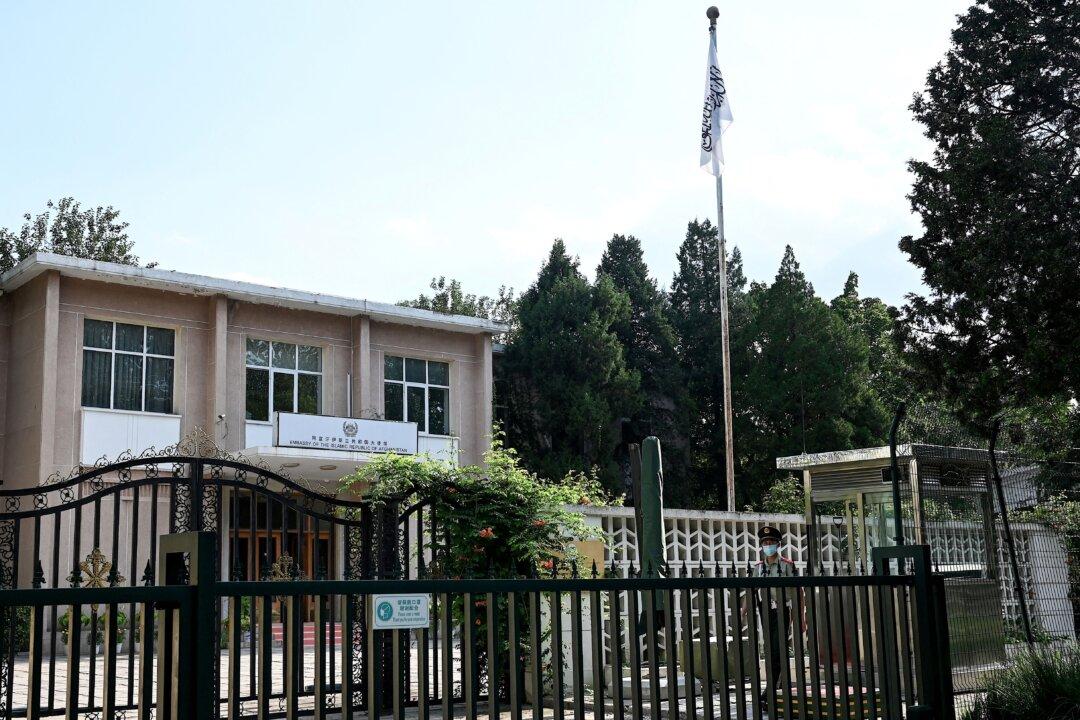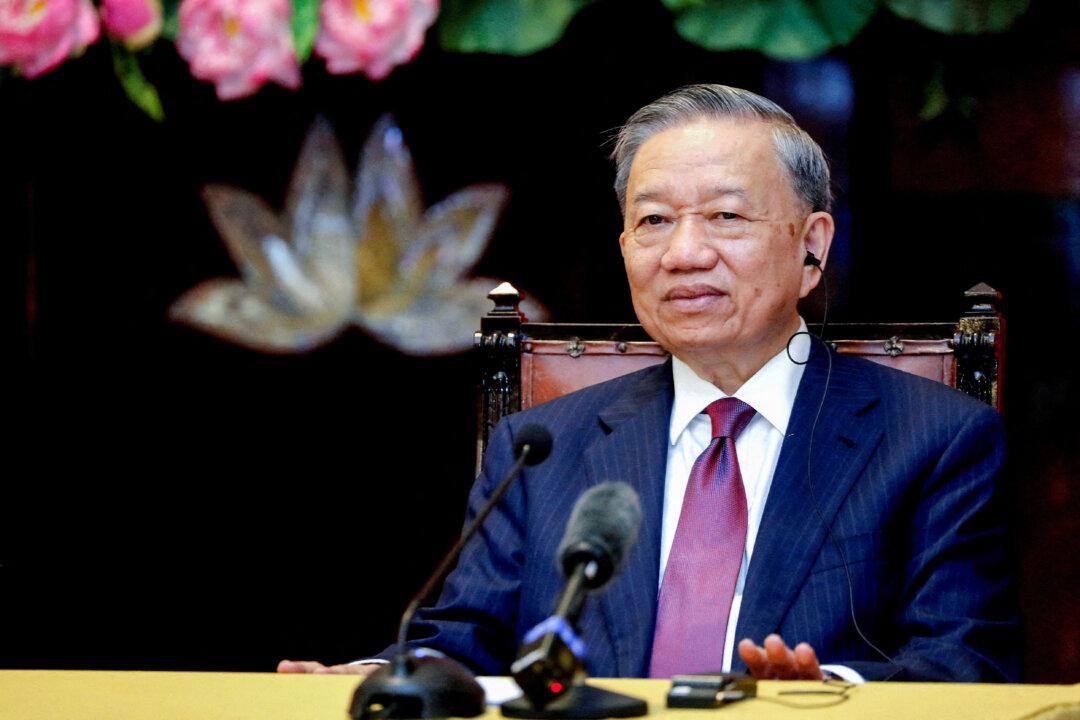Hong Kong passed a new immigration law on April 28 that gives authorities the power to prevent people from entering and leaving the city, raising concerns that Chinese mainland style “exit bans” will be implemented in the financial hub. The United States expressed that it is “deeply concerned” about the new law. Meanwhile, a recent study shows that more than half of the local youth that took part in the survey want to leave Hong Kong in the future.
The Hong Kong government stated that the immigration law only applies to inbound flights, and aims to prevent illegal immigrants from entering the city.
The immigration law vaguely states that the Immigration Department has the authority to obtain a passenger’s information before they board a flight to Hong Kong and to ban a passenger from boarding a flight. The new law will be implemented on Aug. 1.
“We are aware of this legislation and share widespread concerns in Hong Kong about its content, potential uses, and lack of oversight or accountability,” the spokesperson said in a statement on Thursday.
“We have long standing concerns about the PRC’s [People’s Republic of China] arbitrary use of exit bans without due process of law, including against American citizens. We are deeply concerned by the prospect of Hong Kong authorities adopting similar arbitrary measures,” the spokesperson added.
The United States also urged the Hong Kong government to not use the law “as a pretext to deny boarding for outbound passengers,” according to the statement.
“Exit bans” are often used in mainland China by the Chinese communist regime against activists and dissidents who challenge authorities. They have also been used on business figures involved in commercial disputes.

Meanwhile, a survey released on April 29 shows that more than half of the youth it interviewed said they want to leave Hong Kong for a better future, RTHK reported. The survey was conducted from March 19 to April 8 and interviewed 803 Hongkongers between 15 and 30 years old. It was carried out by the Asia Pacific Research Institute of the Chinese University of Hong Kong, with the purpose of understanding the views of local youth on the city’s future.
Overall, the respondents felt pessimistic about Hong Kong’s future as the Chinese regime and the Hong Kong government have suppressed oppositions in the city, judicial independence, and individual freedom.




